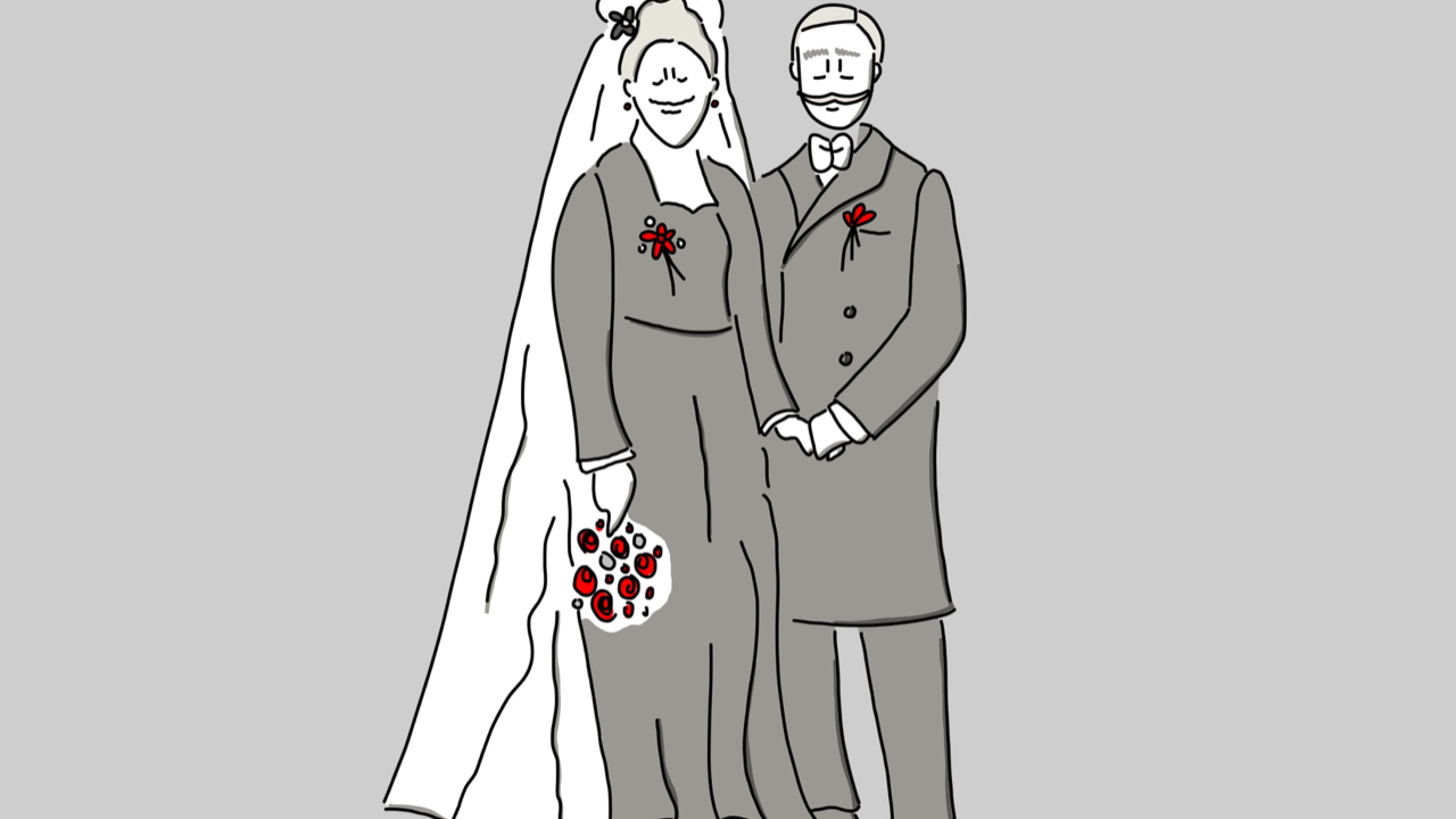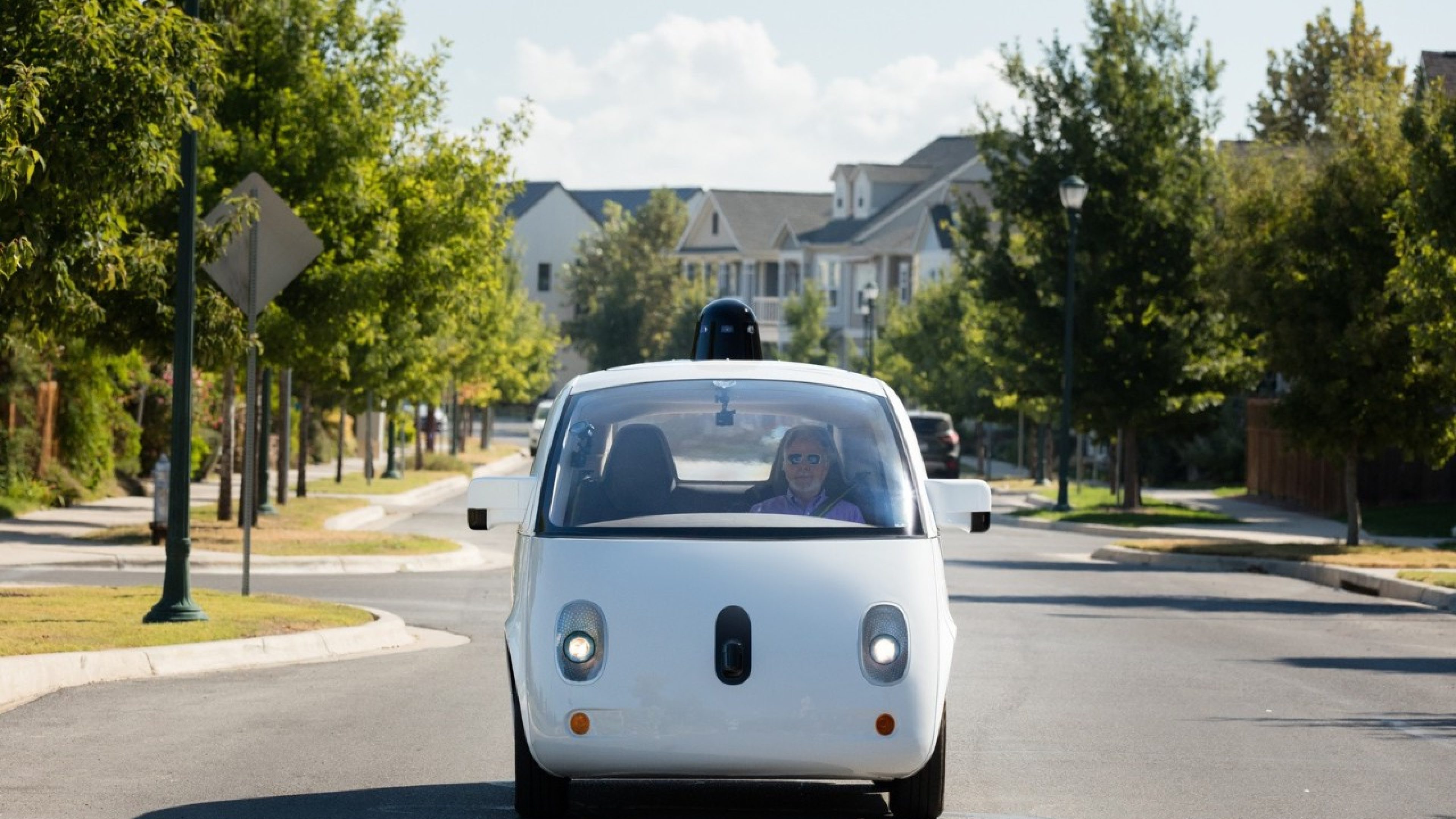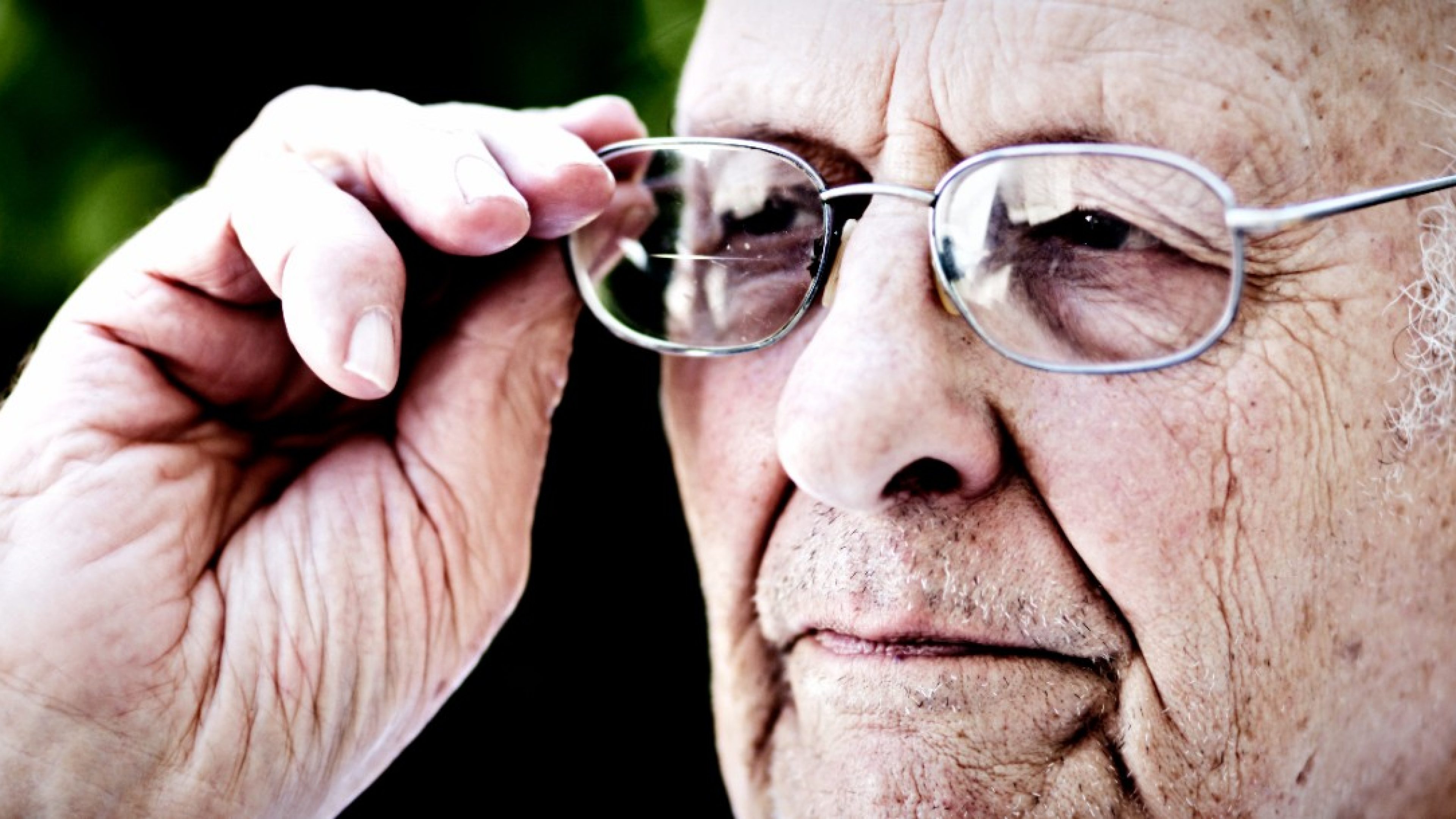We are growing ever older but we know surprisingly little about age. Neurologist Albert Wettstein has set himself the goal of dispelling age-related myths. Ten common misconceptions.
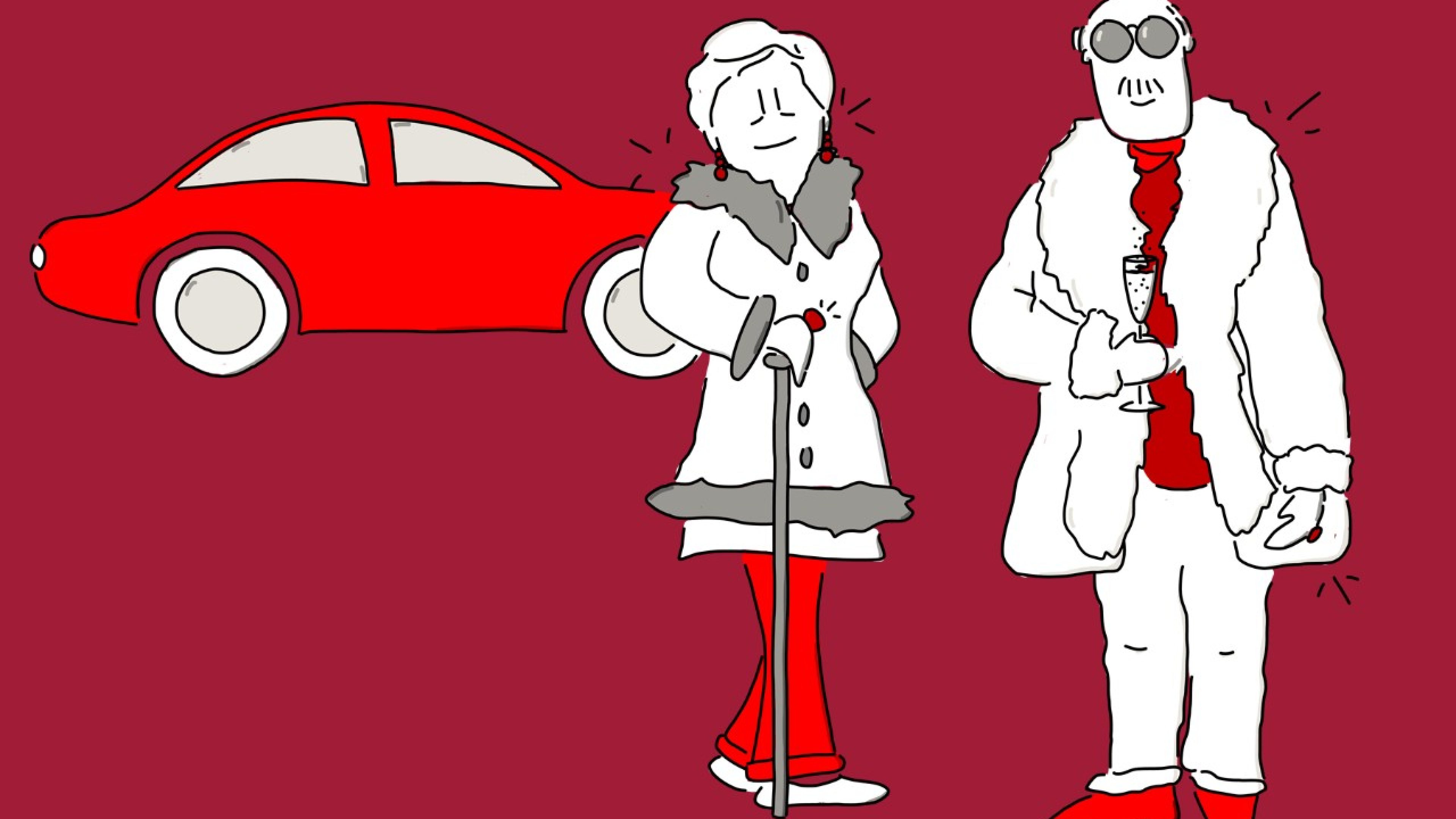
Myth 1 - Material security makes older people happy.
Material security only makes older people in developing countries happy, not in the industrialised world. People who display self-confidence, optimism and openness as well as having a social support network are happy. Strong social support leads to good health and delays mortality, it can also reduce depression and stress.
Myth 2 - Loneliness is more common among the aged.
According to the “Health Statistics 2014” 36% of the population sometimes or often felt lonely. Women were more prone to loneliness than men across all age groups (42% to 30%). However, feelings of loneliness decline with age as only 28% of 64-74 year-olds feel lonely and loneliness starts to rise again at the age of 75 (35%).

Myth 3 - The older you are, the more you lose your sense of taste.
A person's sense of taste does decline gradually over a lifetime, but not as much as most people think. Differences between individuals are a lot more significant: one study shows that 25% of the population are so-called super tasters and taste everything, 25% are low tasters and 50% medium tasters.
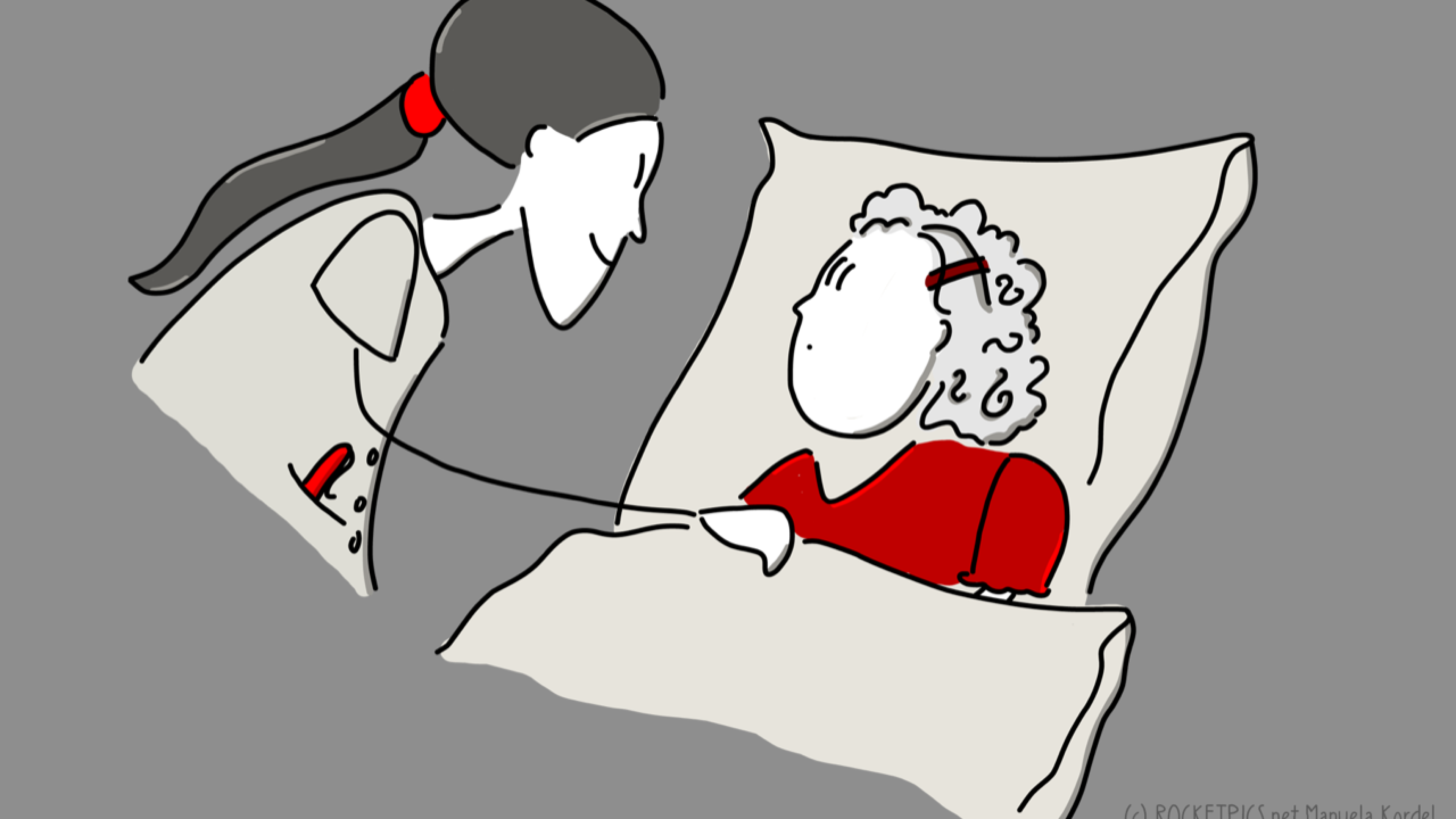
Myth 4 - We are living longer – we also require more long-term care.
On the contrary: from 1982 to 1999, the life expectancy of 65-year-olds in Switzerland rose by two years, while the duration of the long-term care need fell by one-and-a-half years during this time. This trend has persisted since.
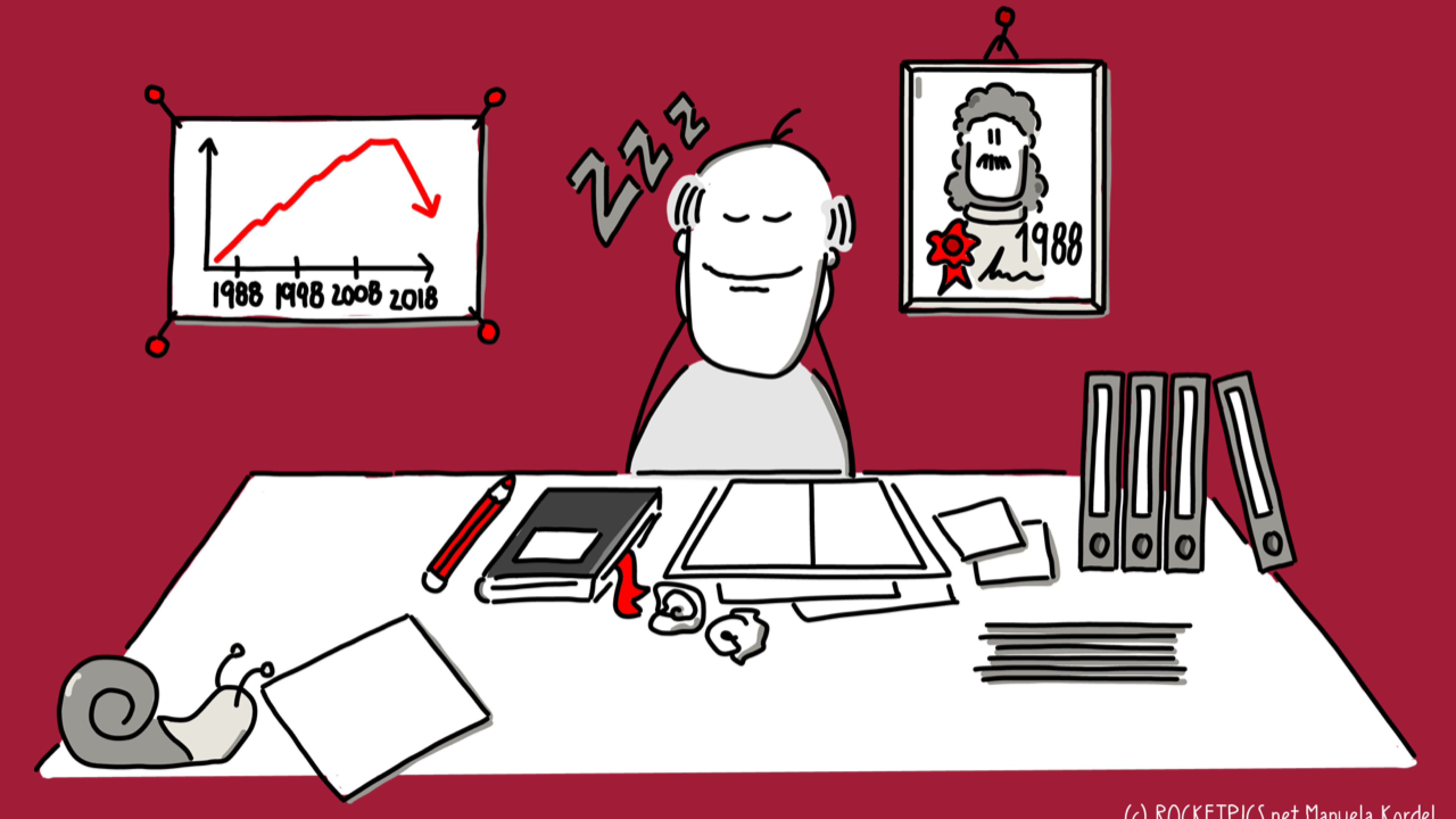
Myth 5 - Performance at work declines in most professions from the age of 50.
That is not true. Overall, performance at work actually increases slightly with age, albeit not to any significant degree. This is also true of the over 59 age group.
Myth 6 - Marriage causes premature ageing.
On the contrary: according to a Czech study married men and women enjoy up to nine and seven more years of life respectively. Why? For a start, healthier people are more likely to find a partner as fewer hurdles stand in their way. Marriage also provides a certain degree of protection, as the continual exchange with a partner offers a raft of financial and emotional assurances and support mechanisms. Married people also receive warnings about unhealthy behaviour, for example excessive alcohol consumption or risky driving habits.
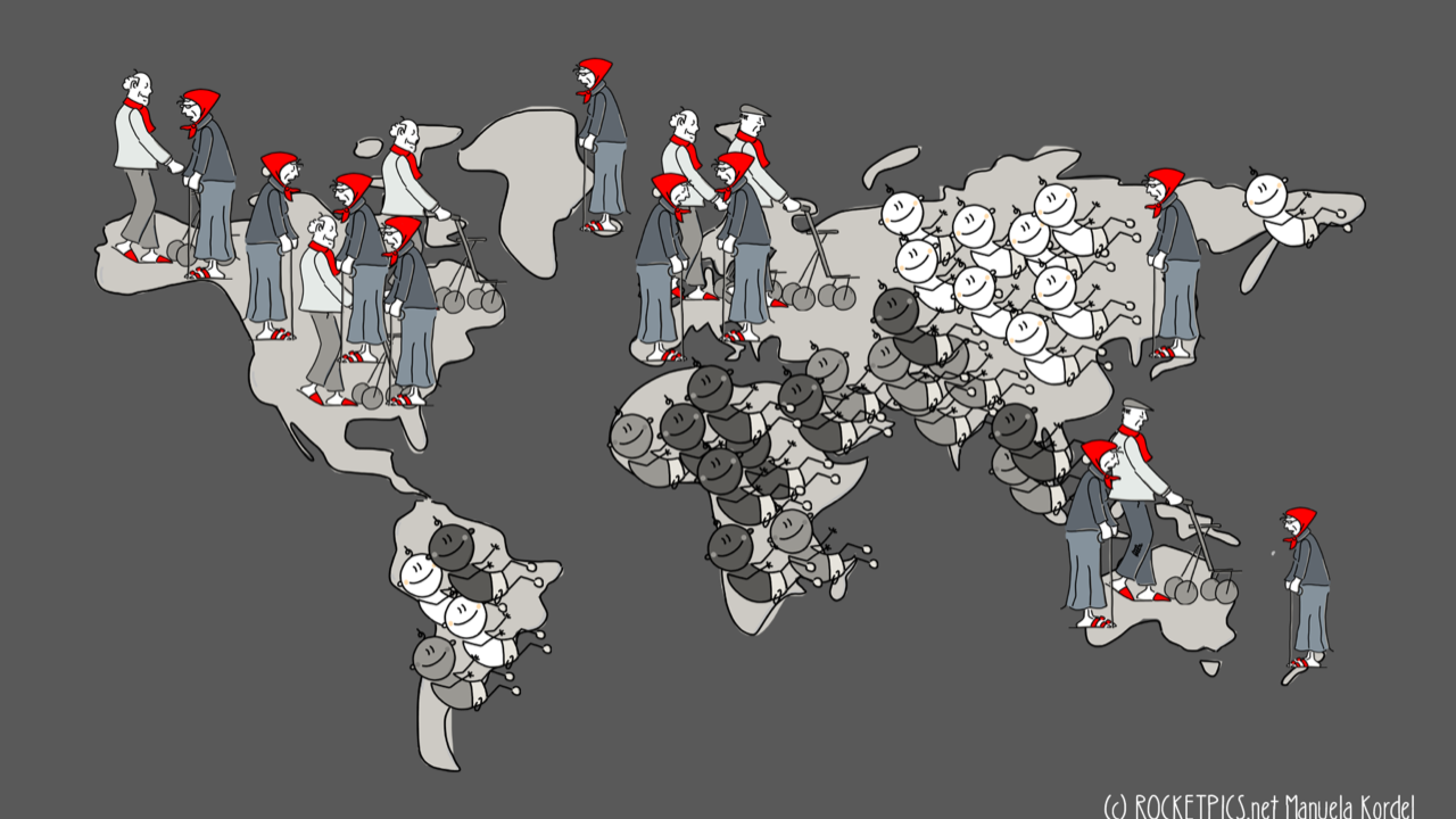
Myth 7 - Societal ageing is a phenomenon of the industrial world.
In fact, 59% of the 490 million people aged over 60 live in developing countries. Moreover, 65-year-olds in the richest country (Norway) only live four years longer than in the world's poorest country (Malawi).
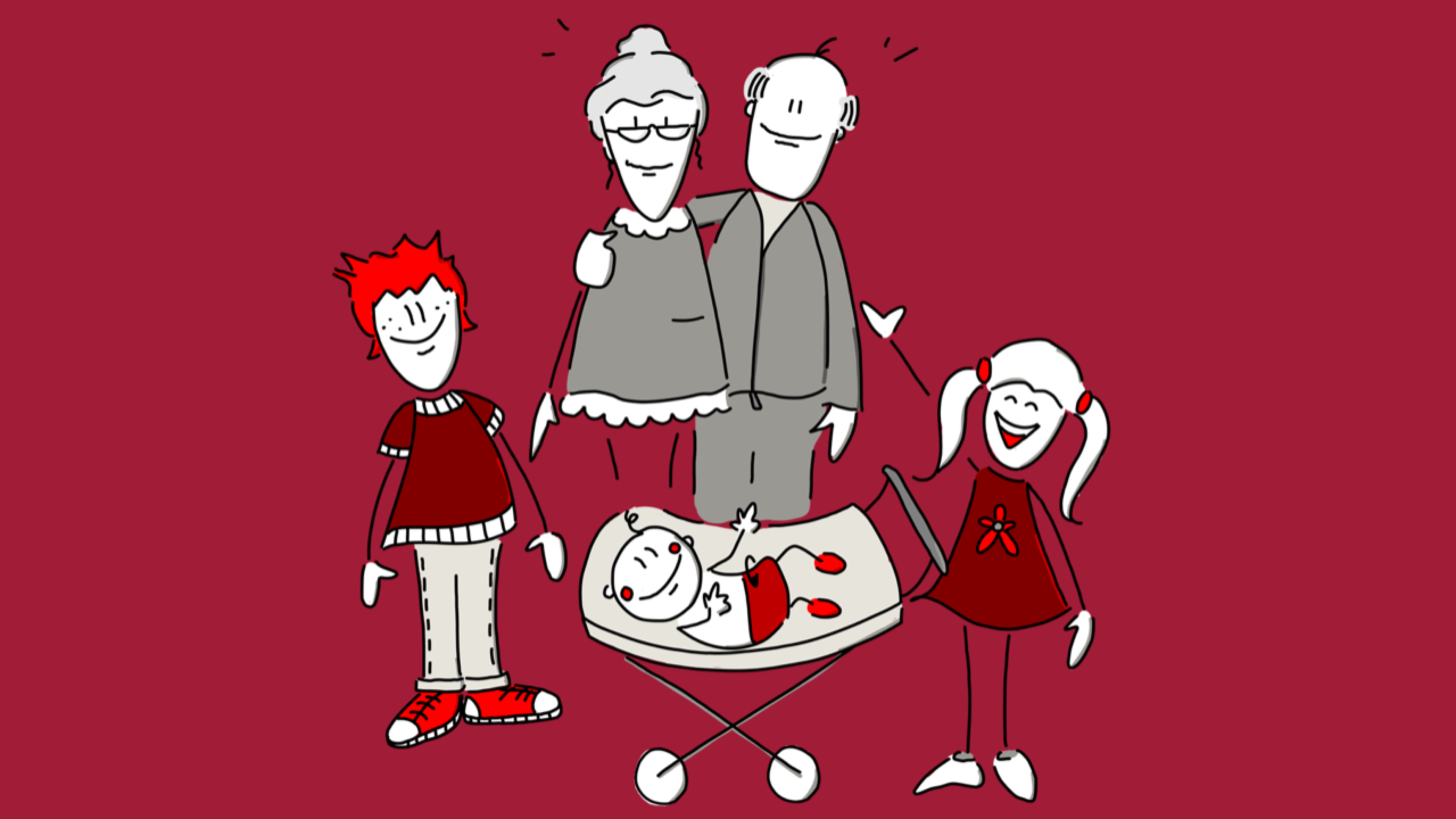
Myth 8 - Marriage and grandchildren bring happiness.
Although marriage does increase longevity by years, it also reduces subjective life value, especially in old age. Besides, the more grandchildren older people have, the lower the value they place on their own life.
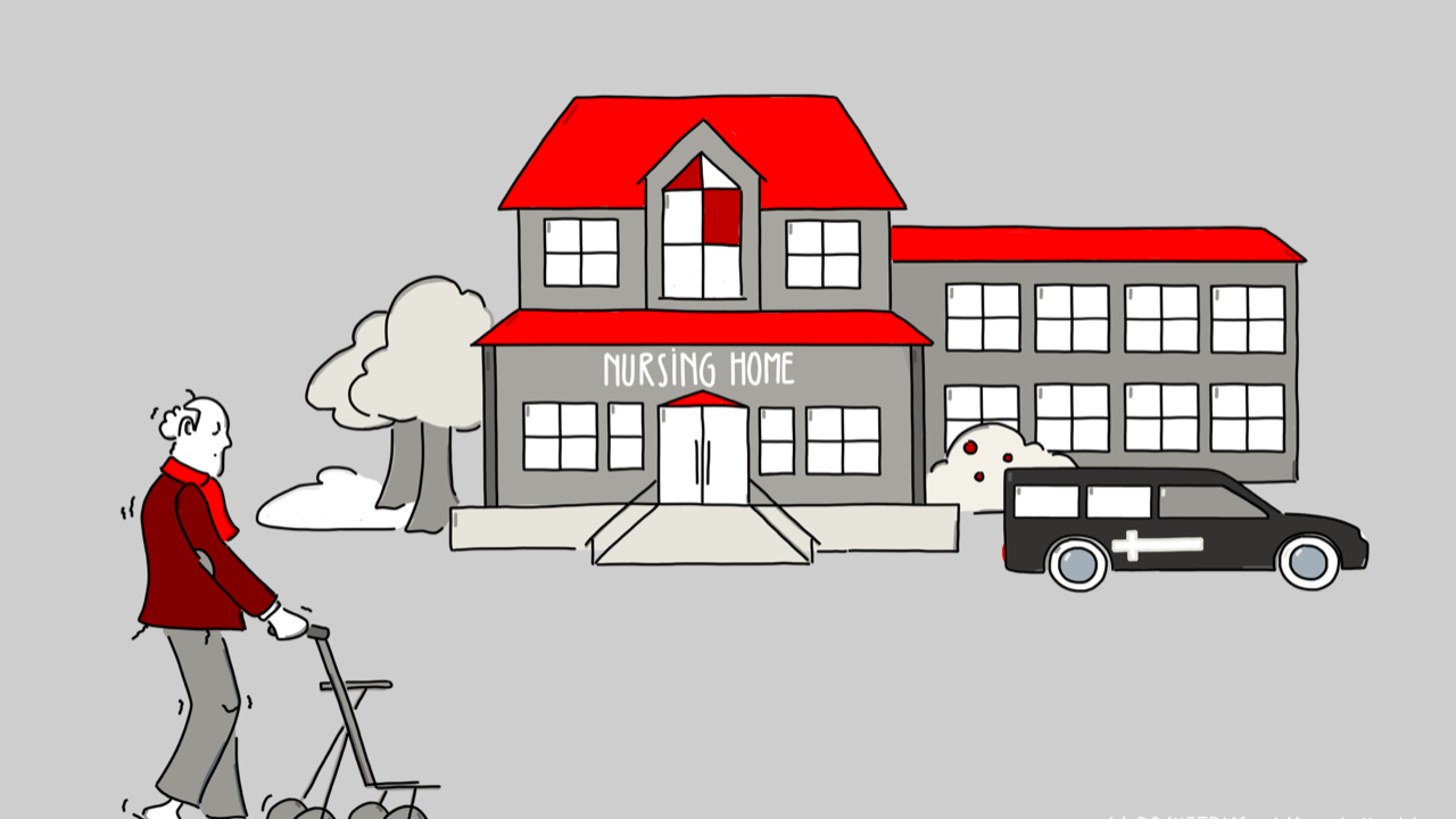
Myth 9 - People in nursing homes die sooner.
Mortality is high among residents of nursing homes, however there is no causal link with the homes themselves: the relevant factors are the strong need of care, direct transfer from an acute-care hospital and – least importantly – a very high age. Studies demonstrate that mortality is no higher within nursing homes than outside.
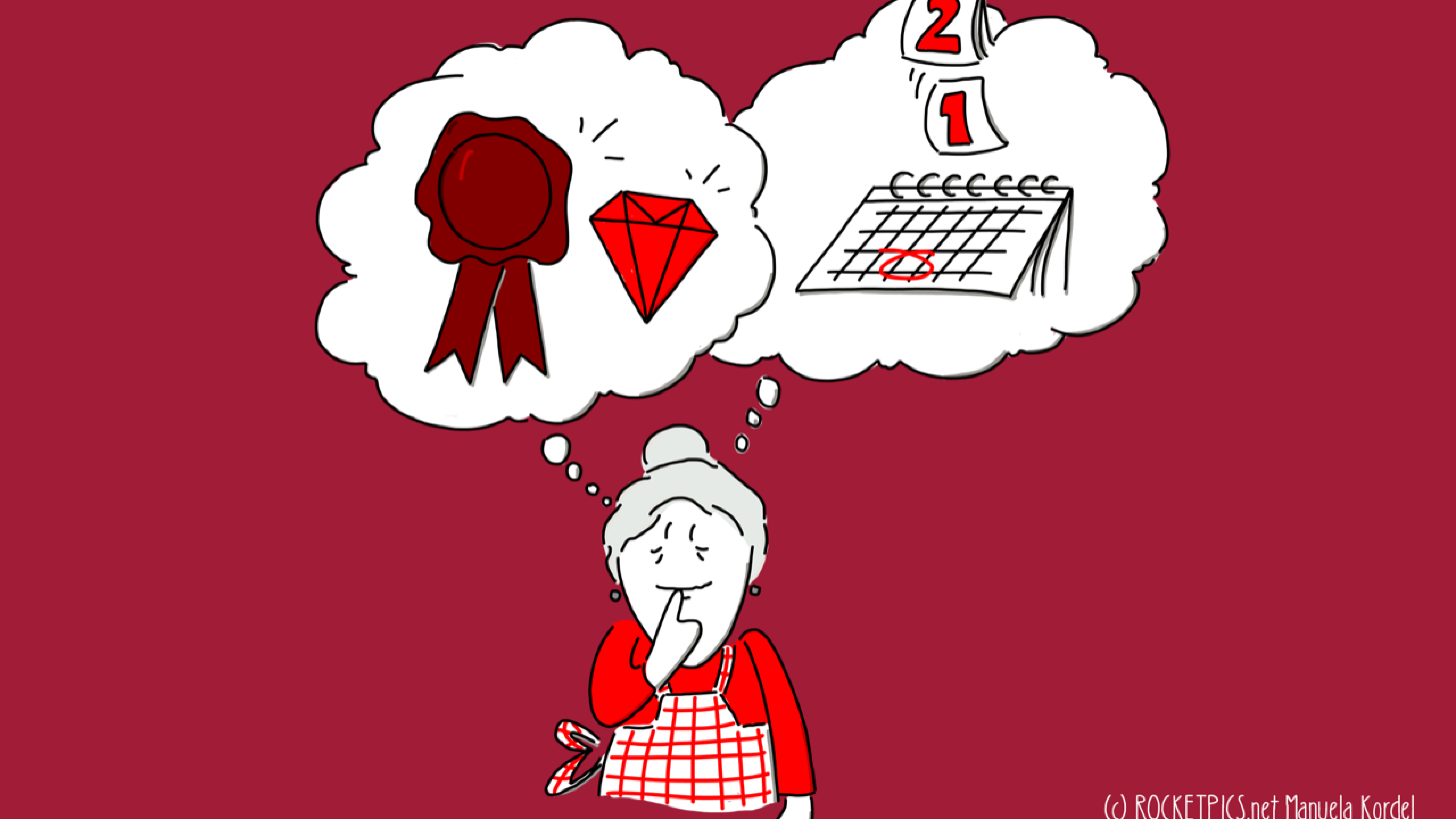
Myth 10 - The aged only value a high quality of life as opposed to longevity itself.
Relatives and the aged always stress that quality of life matters more than longevity. However, out of 414 hospitalised 80 to 98-year-olds in the US, only 31% were prepared to give up more than a month of their current life in exchange for excellent health. And only 6% would rather live two weeks in excellent health over continuing to live as they are. Survival seems to be in our DNA.
Albert Wettstein

Neurologist and gerontologist
Albert Wettstein (71) is a private lecturer in Geriatric Neurology at the University of Zurich, a founding and managing member of the Center for Gerontology of the University of Zurich and retired senior consultant at the “Stadtärztlicher Dienst Zurich” (an emergency medical facility). He began a collection entitled “Mythen und Fakten zum Alter” (myths and facts about ageing) in 2005 and has been adding to it ever since. In so doing, he includes all areas coming under gerontology, including sociology, medicine, long-term care, psychology, pharmacology, health economics, ethics and thanatology.


